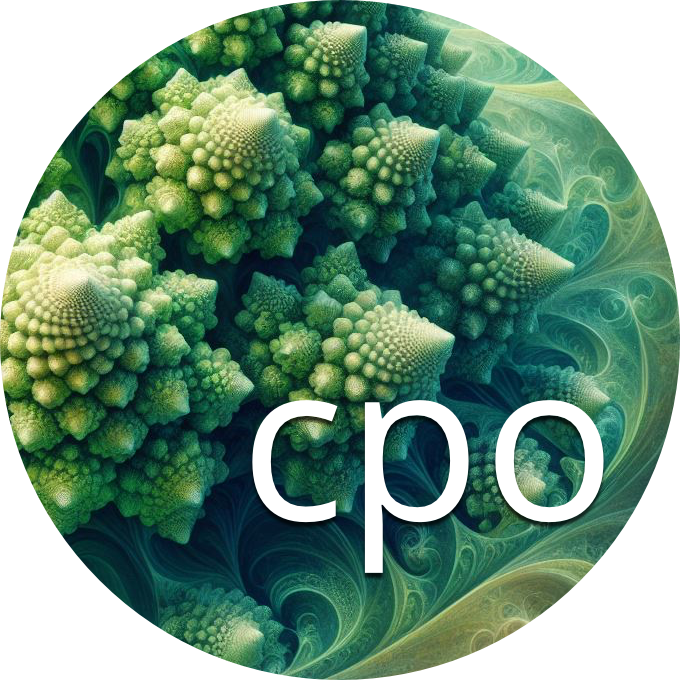City Planning Rhetorics and the Cultural Trope of Opportunity
Abstract
Historians and sociologists have explored past and present processes of urban segregation, development, and displacement of minority and low income communities, and policy questions surrounding barriers to housing and the ways residents interact with community institutions. As communication scholars, we have a unique opportunity to
add critical insights regarding the cultural meaning making of urban planning discourses. This article asks: How do cultural assumptions embedded in the myth of American opportunity shape urban planning processes? I examine two city planning documents—Detroit Future City and Connecting Cleveland 2020 Citywide Plan—for the ways references to opportunity construct an optimistic understanding of urban potential while ignoring the complicated and controversial ways race is woven into urban planning and the arrangement of city spaces.
Specifically, I explore how references to the term “opportunity” appeal to cultural commonsense through associations with promise and possibility. These appeals gain persuasive traction through the term’s tendency toward over-simplification, which acts conservatively to universalize the white male experience, beg questions of race and racism, and, at times, completely elide the relevance of race in urban arrangements.
Note: Download statistics restarted from zero effective January 1, 2024. Please follow this link to see cumulative download statistics from our previous publishing platform: CPO Download Statistics 2012 - 2023
Keywords: urban planning, race, antiracialism, opportunity
How to Cite:
Triece, M. E., (2017) “City Planning Rhetorics and the Cultural Trope of Opportunity”, communication +1 6(1). doi: https://doi.org/10.7275/R5VX0DQ0
Downloads:
Download PDF
View PDF
1172 Views
285 Downloads
